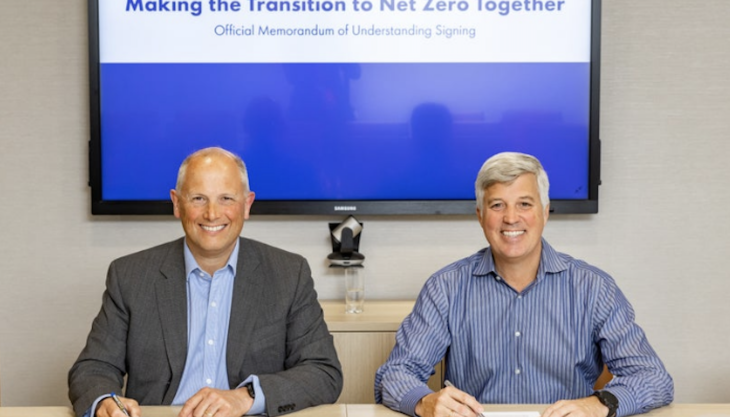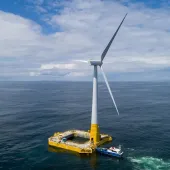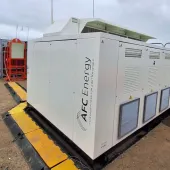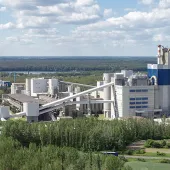Hanson and Shell sign Memorandum of Understanding

Companies to collaborate on accelerating construction industry’s transition to net-zero emissions
HANSON UK and Shell have signed a Memorandum of Understanding (MoU) to work together to explore opportunities that help facilitate the construction industry’s transition to net zero emissions.
The two companies have a mutual ambition to play a key role in decarbonizing the road and construction sectors. Through the MoU, they aim to bring their diverse capabilities together to help both companies and their supply chains accelerate the transition to net zero for Scope 1, 2, and 3 emissions*.
Six key areas identified for discussion under the MoU are:
- Hydrogen for transport and industrial processes: investigating available options
- Carbon capture, utilization, and storage (CCUS): in cement production
- Lower-carbon fuels: as well as exploring EV solutions for construction equipment
- Digital innovation: for example, enhancing the management of energy production, fuel consumption, and operational efficiencies
- Bitumen and asphalt technology: to provide longer life, increased recycling, and lower-carbon innovations
- Renewable energy: such as on-site solar installations and battery solutions to replace diesel generators.
In addition, the companies will consider the possibility of collaborating in future business opportunities or new business models, which will create value and scope for further decarbonization.
The MoU was signed on behalf of Hanson by chief executive officer Simon Willis. He said: ‘Hanson and Shell have a long-established working relationship and are committed to sharing knowledge and resources to jointly work on projects that will facilitate our transition to net-zero emissions.
‘We are already working together on several initiatives to decarbonize asphalt with bitumen materials and innovations which promote long life, increased use of recycled materials, low-carbon products, and the circular economy.’
Carlos Maurer, Shell’s executive vice-president for downstream sectors and decarbonization, added: ‘The roads and construction sectors are the backbone of the UK economy. They are also among the hardest sectors to decarbonize rapidly, and that’s why this collaboration is so critical.
‘Shell and Hanson can work to identify the right low- and zero-carbon products and services. Together we’ll lay the foundations for future work, to profitably transform our businesses and drive to net zero.’
*Scope 1 emissions are direct emissions from a company’s activities; Scope 2 emissions are indirect emissions from electricity purchased and used; and Scope 3 emissions include all other indirect emissions beyond a company’s control.









